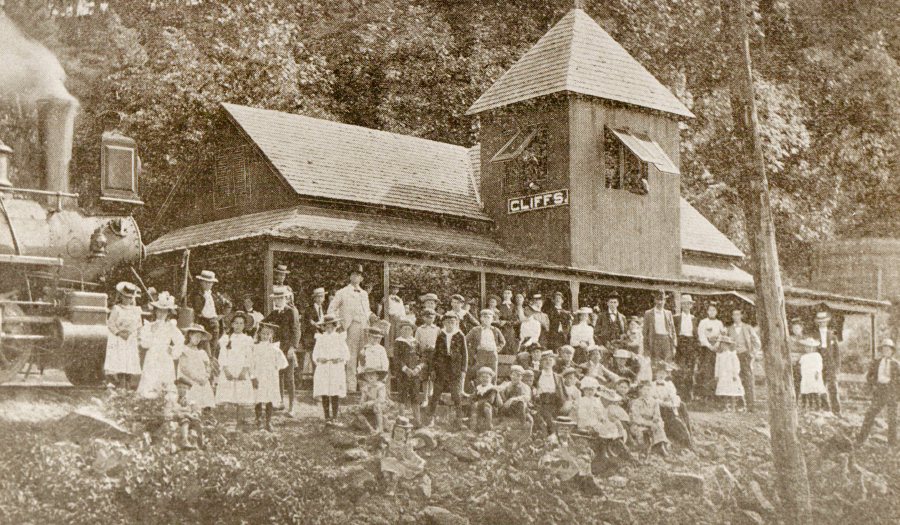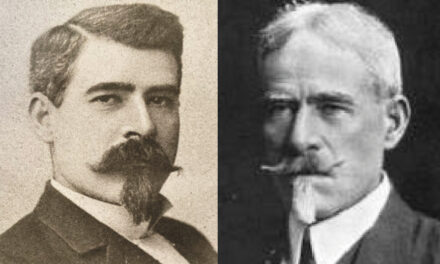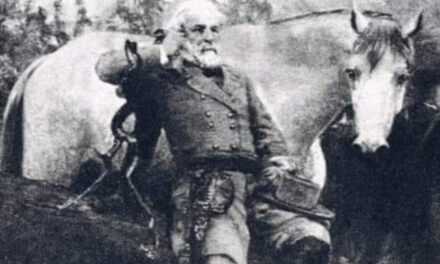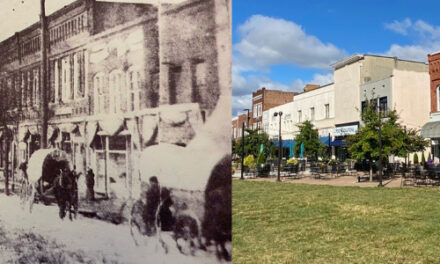
For the next few weeks, the history you will be reading is from my friend and fellow author Sherrie Hartsoe Sigmon. She has an exciting new book out, Weaving the Heart Threads of a Mill Village: Rhodhiss, North Carolina, available now through Redhawk Publications. In it she has hundreds of stories about how a unique town came to be. Here is just a sample Enjoy. RE
Rhodhiss was founded in 1900 and then incorporated in 1903 by Cherryville resident John Rhodes and Charlotte native George Hiss. Before the town’s existence, the countryside in Burke County was known as The Cliffs. Perhaps the name derived from the summit on the Catawba River where the train would pass through on its route to Lenoir from Chester, South Carolina. The Cliffs high on the bluff had a pavilion with a seating capacity of 1,200. After a short train ride, many finely dressed citizens from surrounding areas enjoyed Sunday afternoon picnics on this site. The Cliffs provided peaceful afternoons for many passengers on the Carolina and Northwestern (C&NW) at the turn of the twentieth century, but many people jokingly called the train the Can’t and Never Will.

Photo: The Cliffs Train Station Located in Burke County on the Catawba River, near Rhodhiss.
For The Cliffs to become a reality the trestle over the Catawba River had to be completed, and after this feat was accomplished in 1884, the first passenger train traveled through what would become Rhodhiss. In a C&NW brochure from 1905 The Cliffs was described as “a Fisherman’s Joy, the Botanist’s Paradise, and the Small Boy’s Inward Satisfaction.” These enticing words beckoned sightseers from the Carolinas to the Catawba River. The Cliffs was not only a respite for the passengers, but it also provided water and coal for the train.
Entertainment on weekend afternoons for the citizens of Rhodhiss involved walking down to the Rhodhiss depot to catch a glimpse of those people boarding or disembarking the train. In the early days the first Rhodhiss depot was in Caldwell County near the old mill parking lot, but it washed away in the 1916 flood, thus causing a move to a flat off Sand Clay Road (presently Caldwell). Fletcher Lutz explained that his parents, William Arthur and Letha Camilla Julian Lutz, were married on the railroad tracks in Rhodhiss, and then they boarded the train to Hickory for their honeymoon.
Eugene Walsh, a Rhodhiss native, asserted that his Grandpa Tom Tucker occasionally threw him a candy bar when the train slowed for its stop. Any young lad would relish the sight of his grandfather, the train, and candy! Other young men enjoyed using lye soap and soaping the track causing the train to slow down. Several youngsters did this to hobo a ride while others wanted to cause frustration for the engineer who would hurl a few cuss words at the culprits hiding in the nearby woods. Their glee was contained so that their place of concealment wouldn’t be found.
Many children in the town worked in the mill to help provide for their family, but when not laboring, Rhodhiss’ children had the entire village as their playground. Whether they chose to fish, hunt, swim, hobo the train, play ball, or have a picnic, they enjoyed their lives in the small mill village where they found happiness, love, and respect for hard work.
– Sherrie Hartsoe Sigmon









